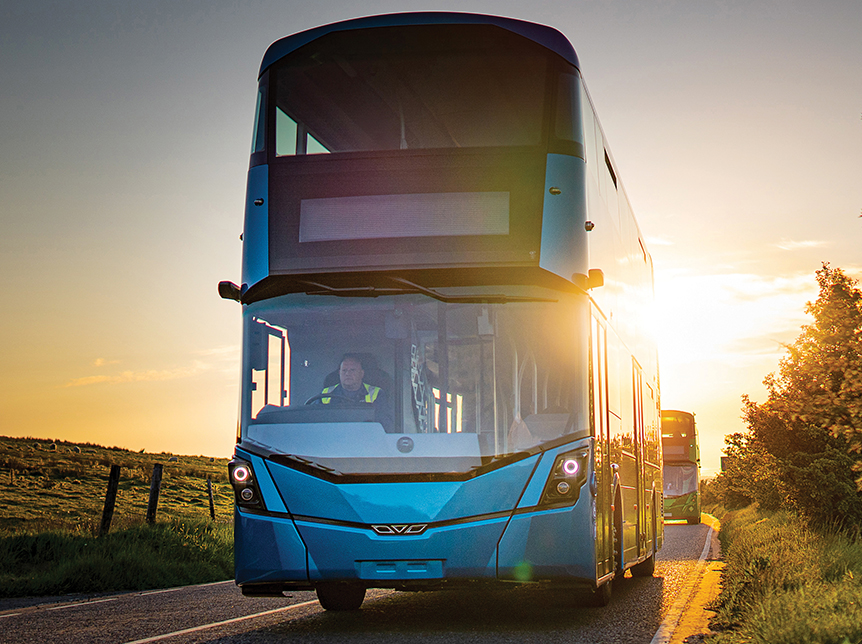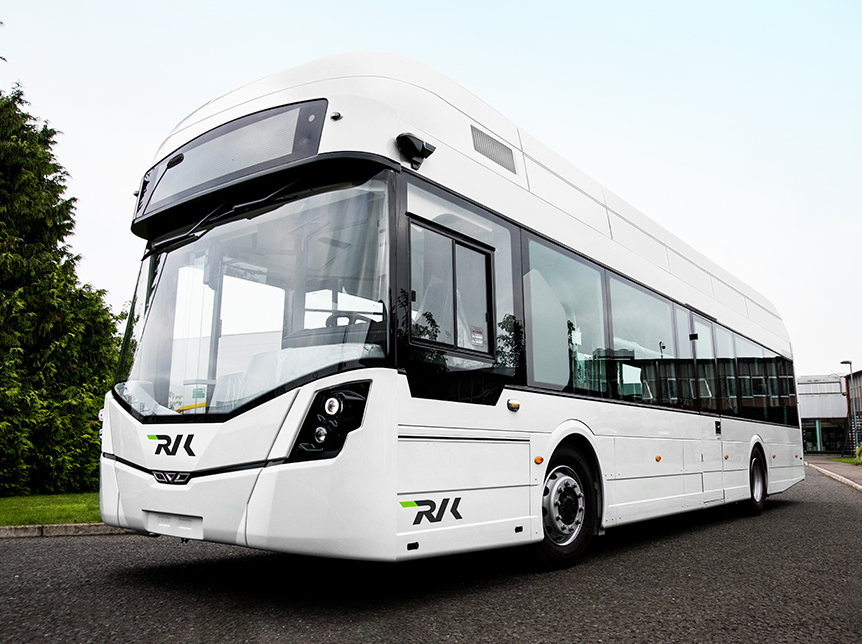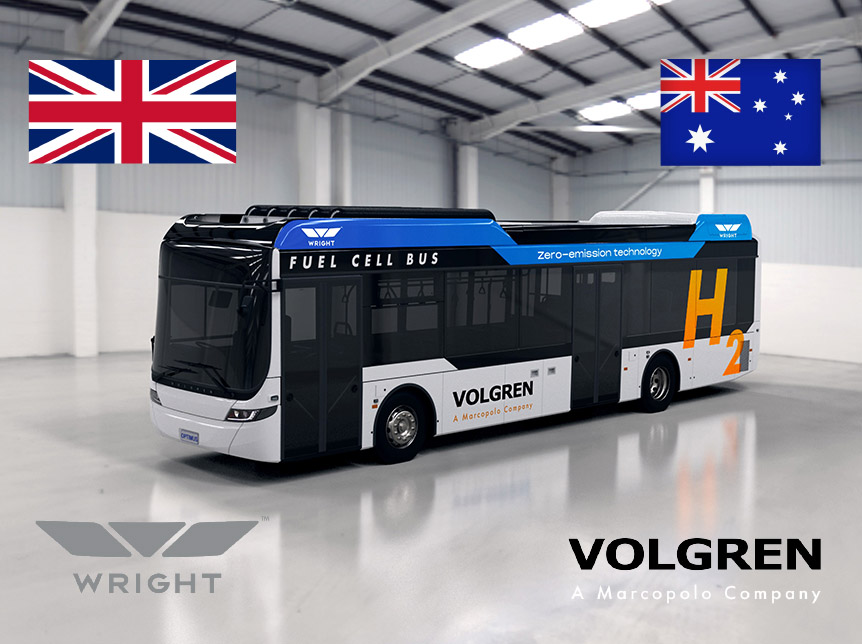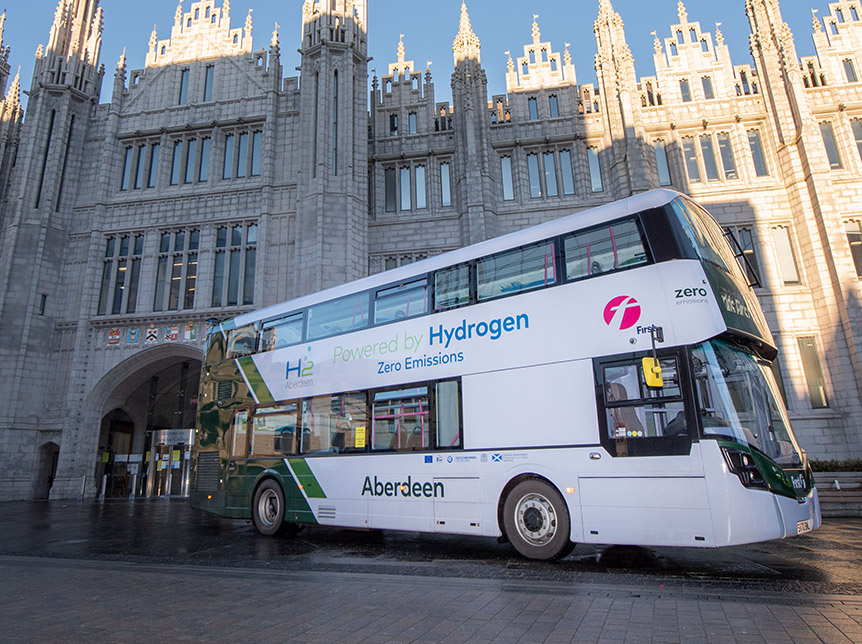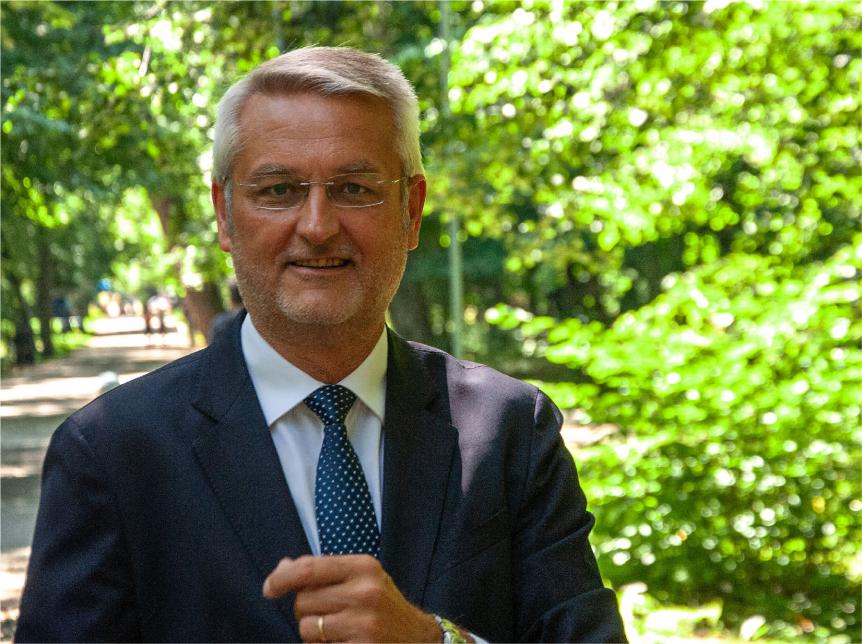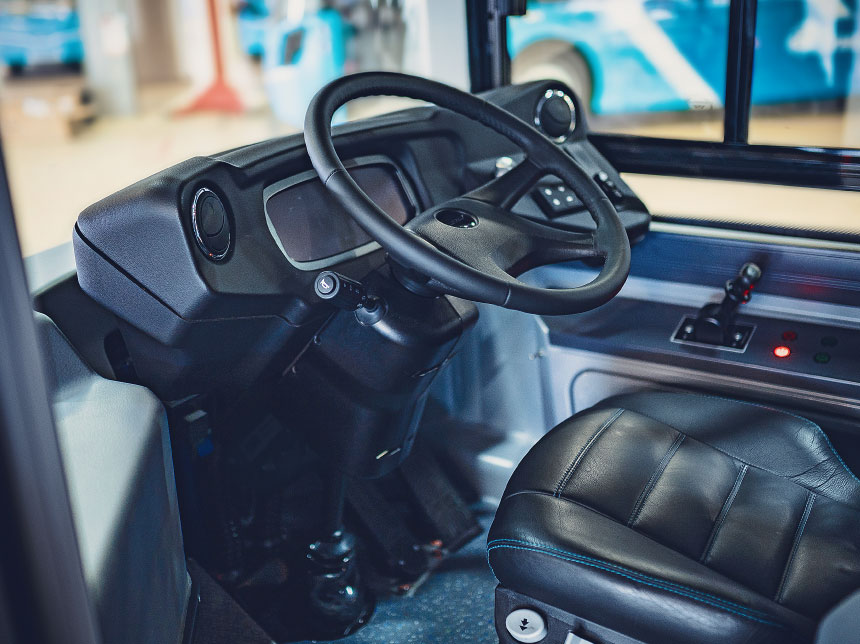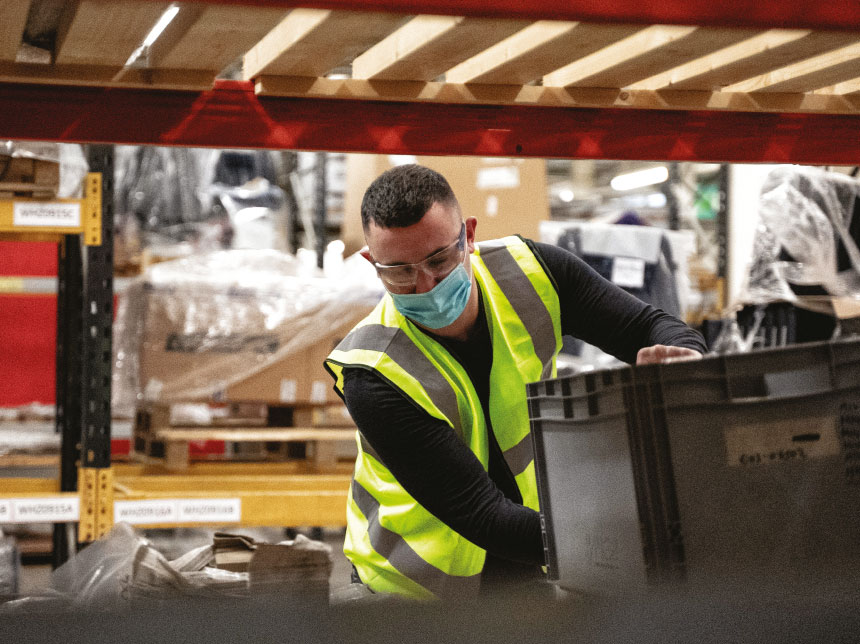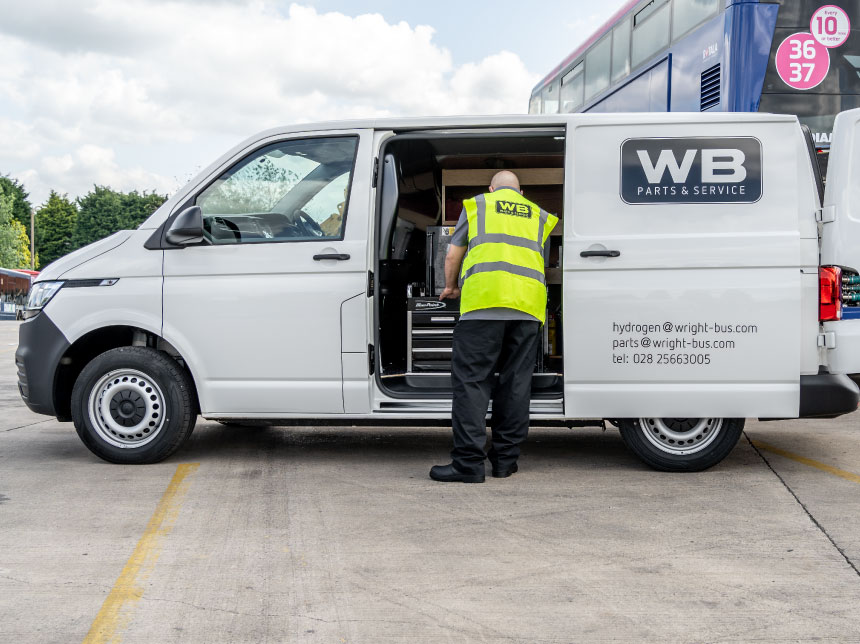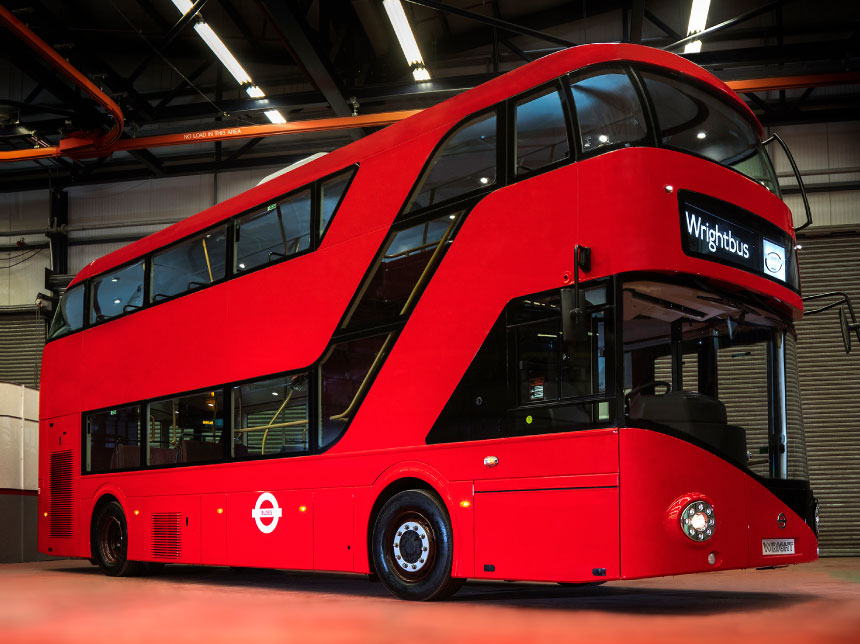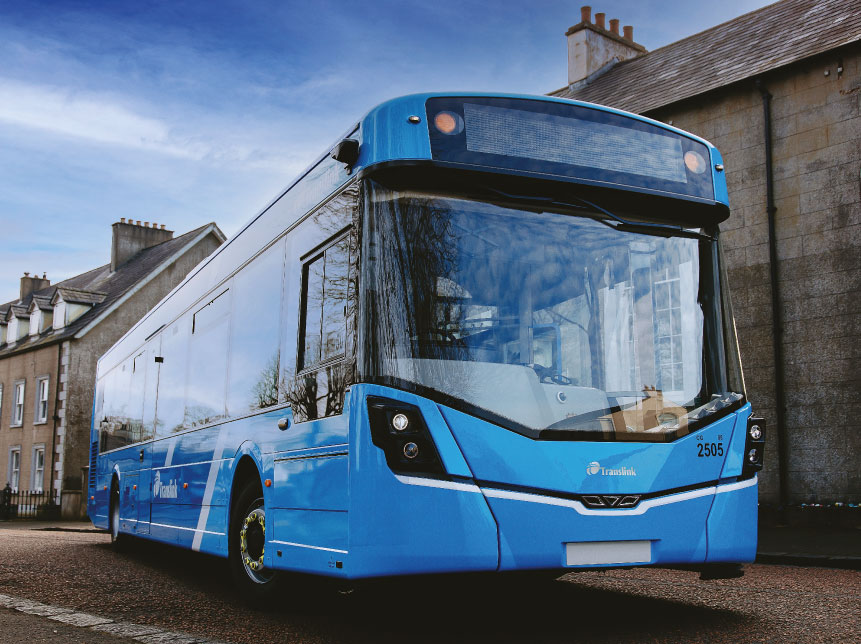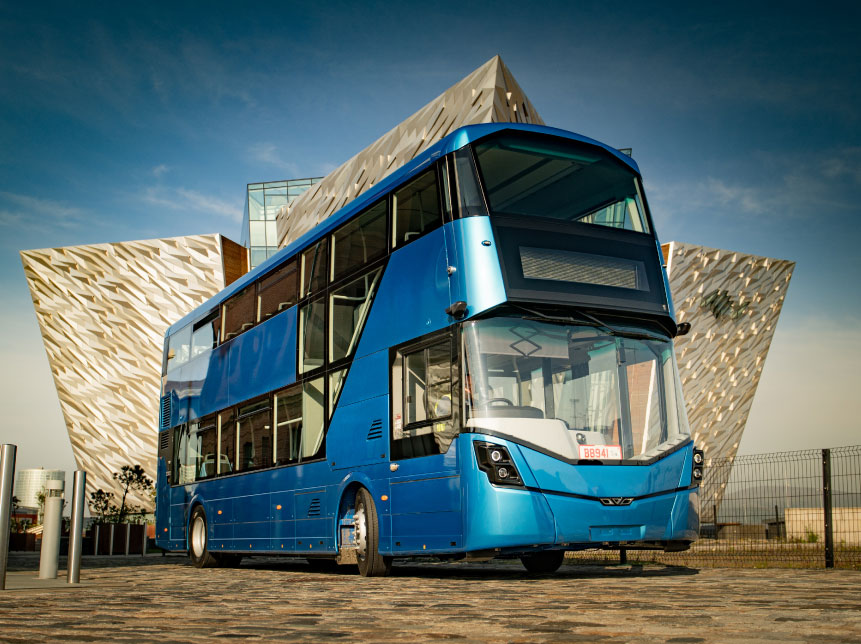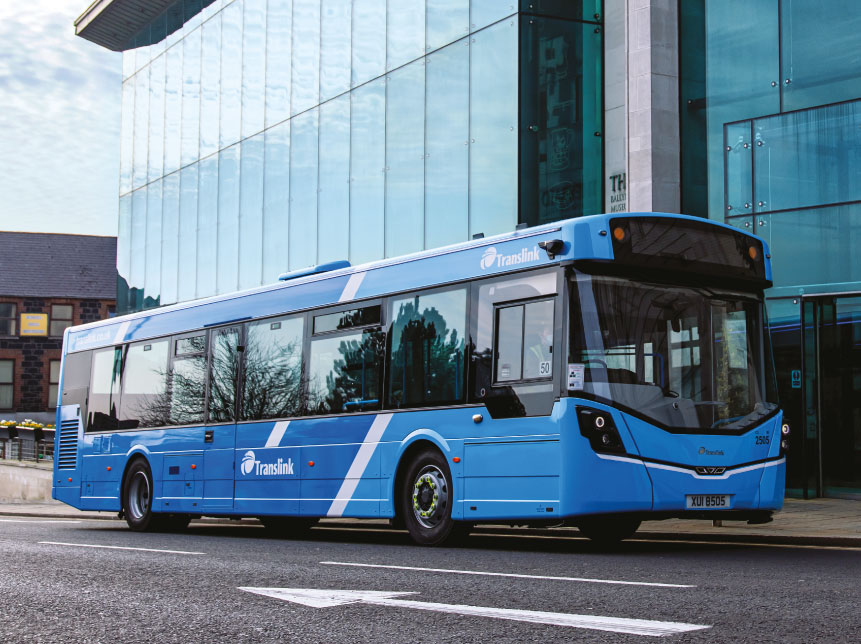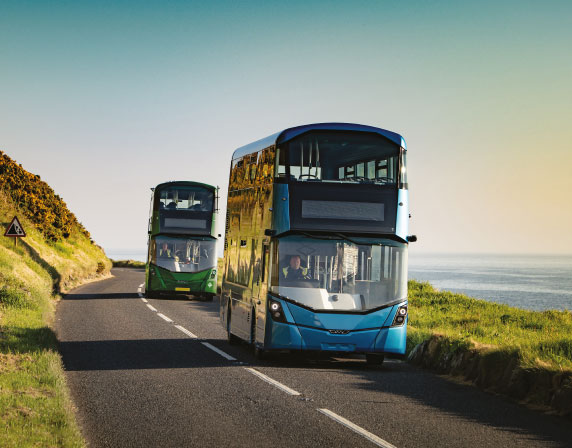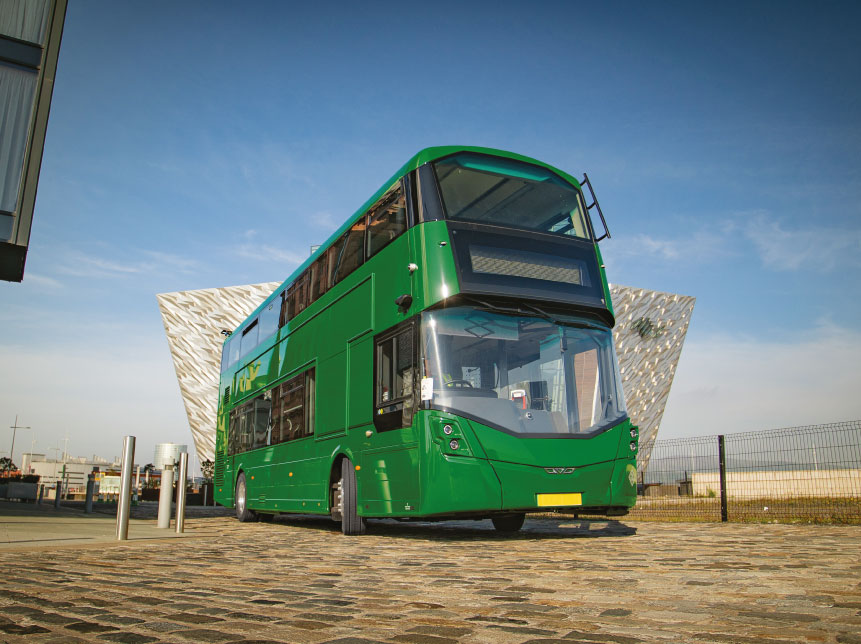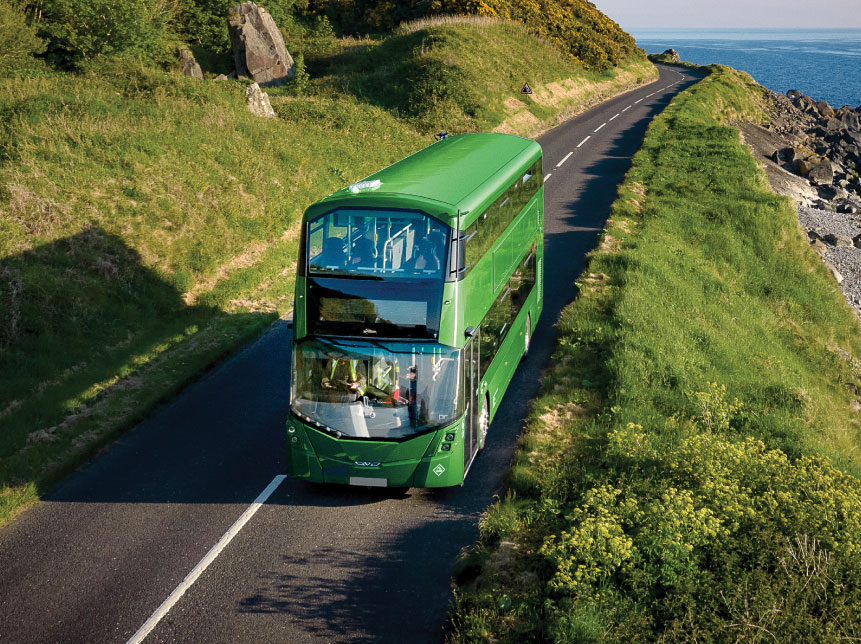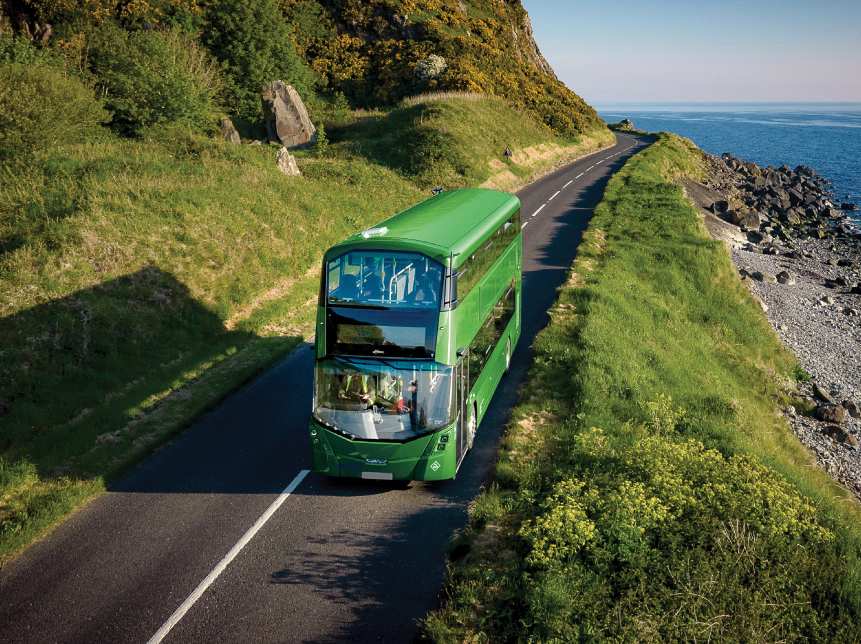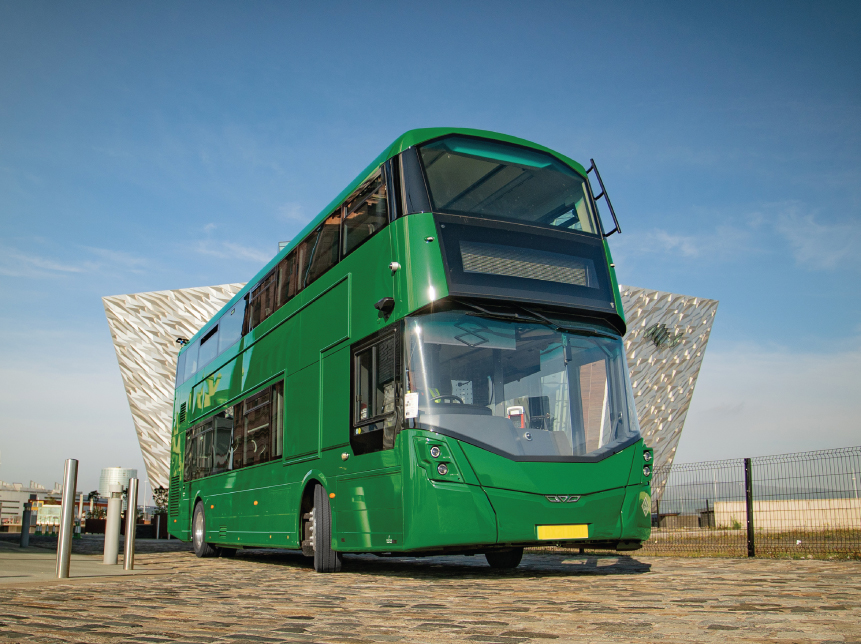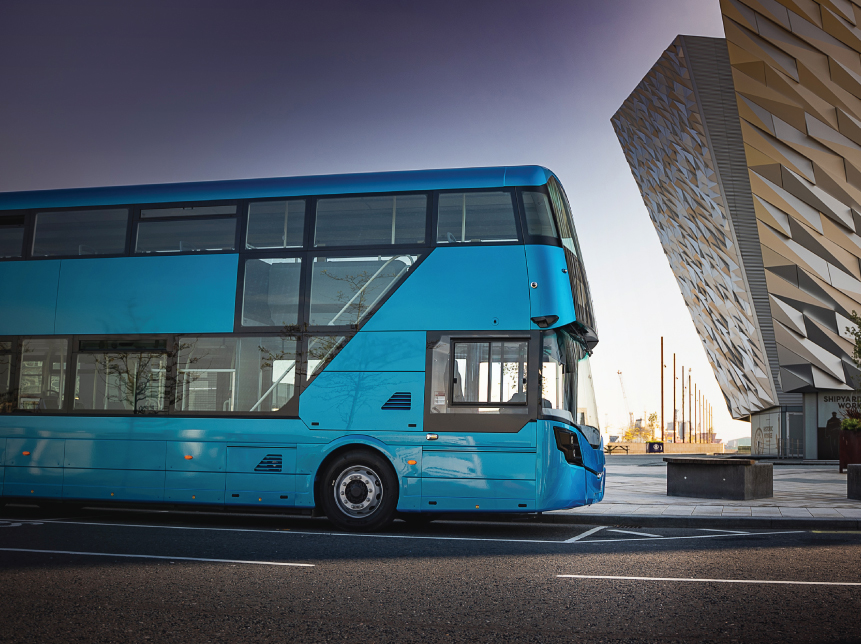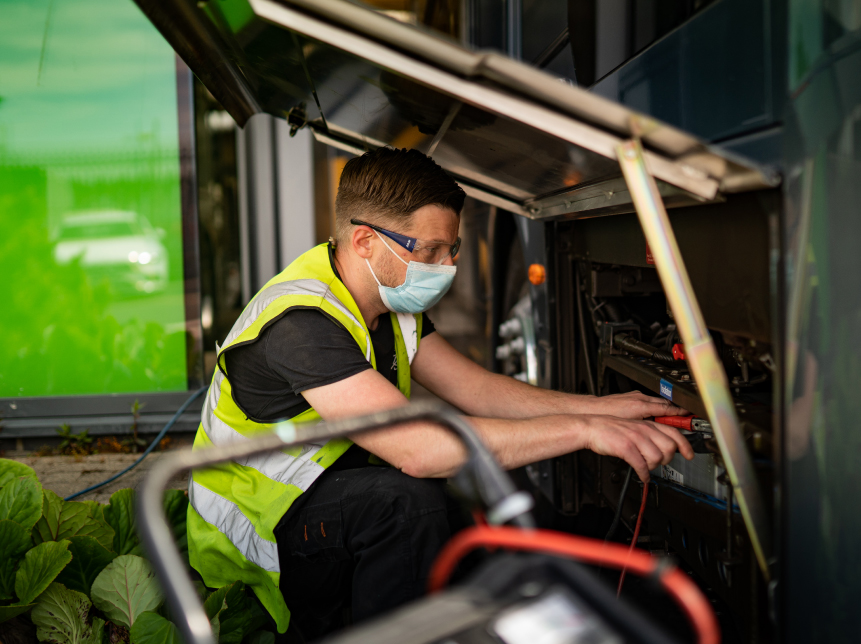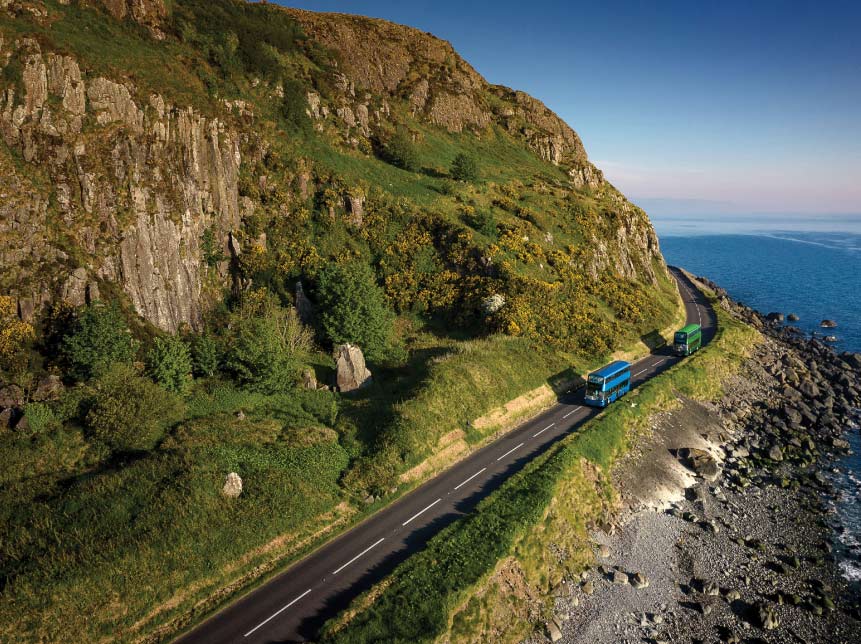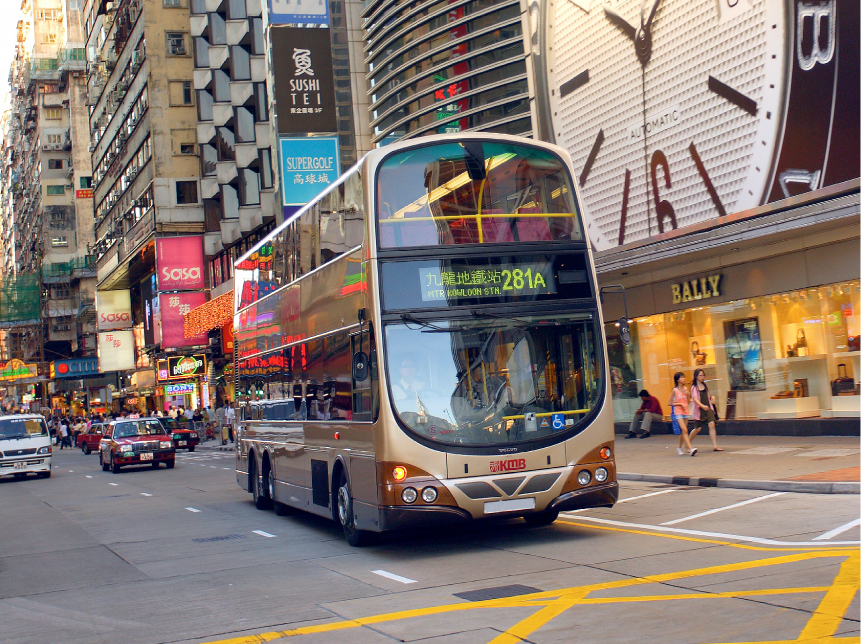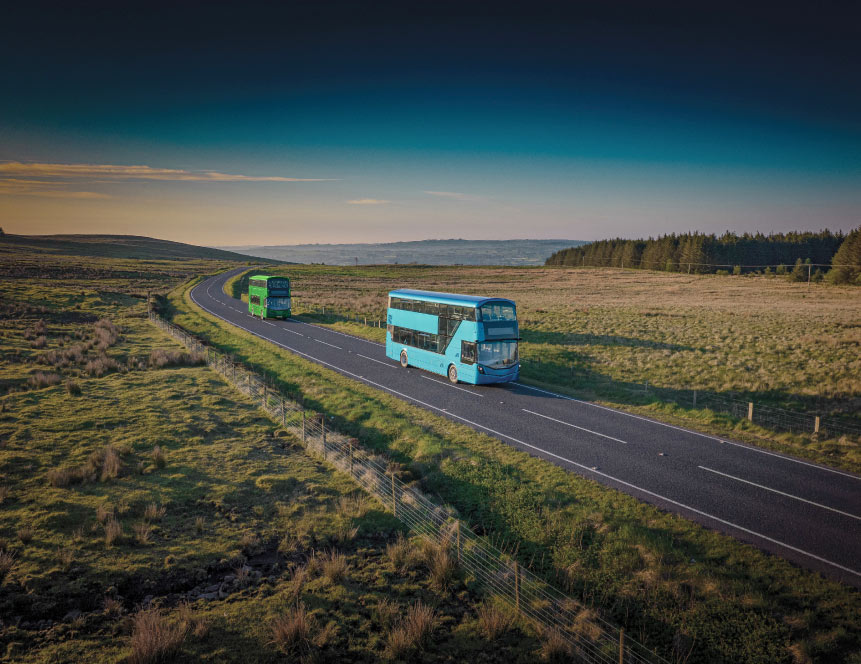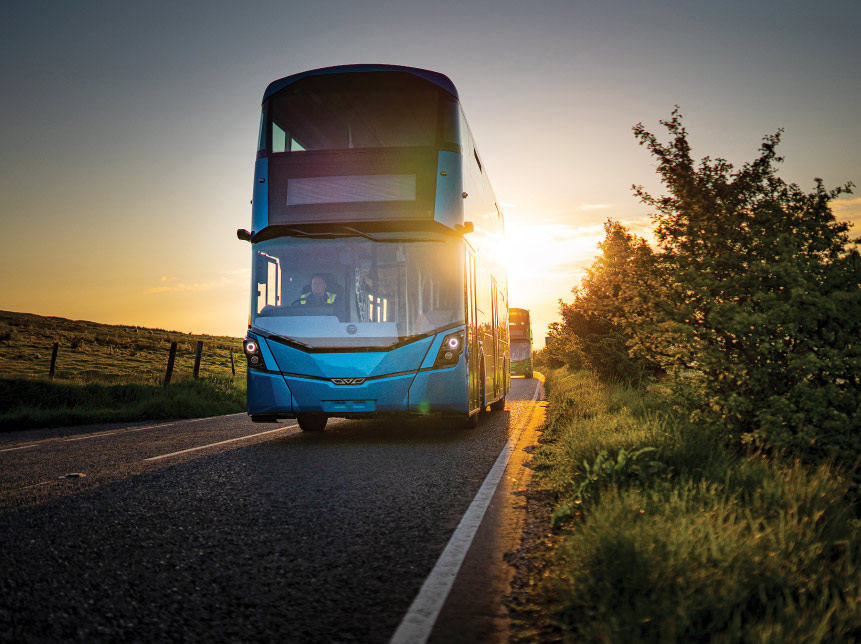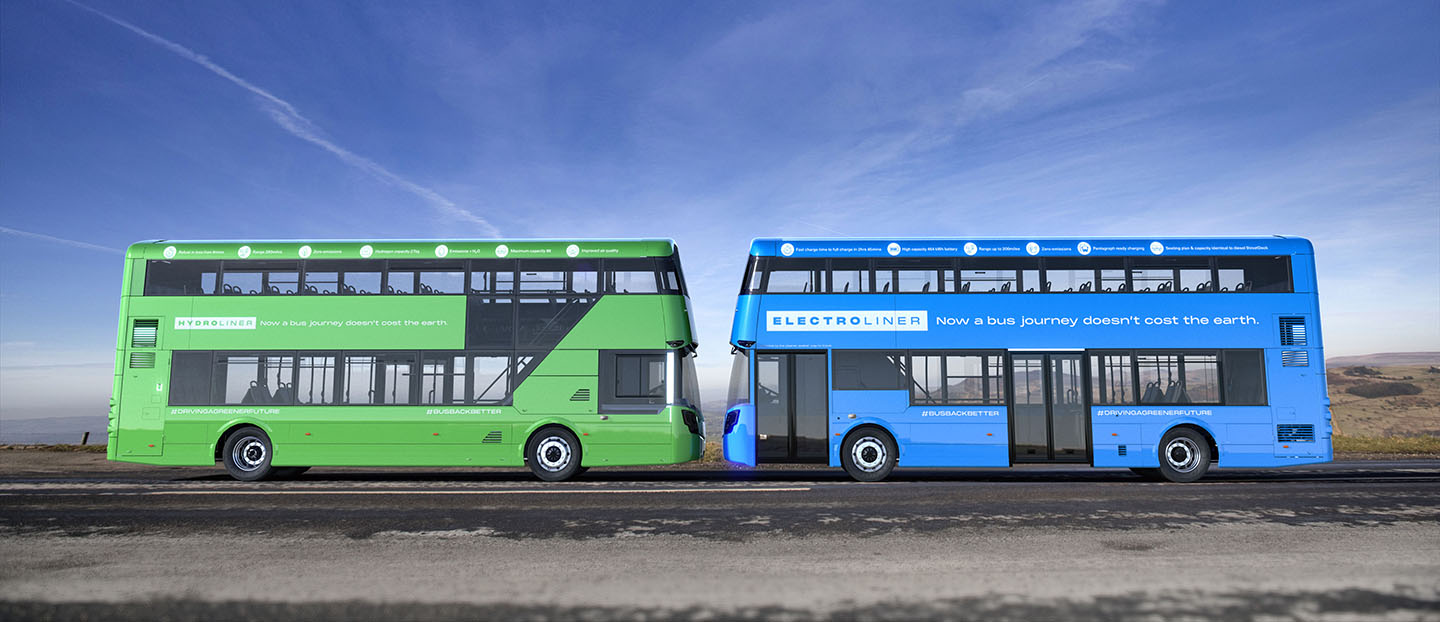
As cities around the world strive for cleaner, more efficient transportation solutions, the adoption of zero emissions vehicles and the deployment of double decker buses stand out as pivotal advancements. These innovations not only reduce environmental impact but also enhance the overall efficiency and capacity of urban transit systems.
Zero Emissions Vehicles: Paving the Way for Sustainable Mobility
Zero emissions vehicles (ZEVs) are at the forefront of the transition to sustainable transportation. These vehicles, which include electric vehicles (EVs), hydrogen fuel cell vehicles (FCEV), and other alternatives, produce no tailpipe emissions, significantly reducing air pollution and greenhouse gas emissions.
Electric vehicles (EVs) are perhaps the most widely recognized type of zero emissions vehicle. They operate entirely on electricity stored in batteries, which can be recharged from the grid. Advances in battery technology have led to longer driving ranges and faster charging times, making EVs a practical choice for daily commuting and long-distance travel. By eliminating the need for gasoline or diesel, EVs help reduce our dependence on fossil fuels and contribute to a cleaner environment.
Hydrogen fuel cell vehicles (FCEV) are another promising type of zero emissions vehicle. FCEV generate electricity through a chemical reaction between hydrogen and oxygen, with water vapor as the only byproduct. This technology offers several advantages, including longer driving ranges and quick refueling times, which are comparable to those of conventional gasoline vehicles. However, the widespread adoption of FCEV depends on the development of a robust hydrogen refueling infrastructure.
The benefits of zero emissions vehicles extend beyond environmental impact. They offer lower operating costs due to reduced fuel expenses and less frequent maintenance needs. Furthermore, many governments provide incentives such as tax credits, rebates, and access to carpool lanes to encourage the adoption of ZEVs, making them an attractive option for consumers.
The Double Decker: Maximizing Urban Transit Efficiency
The double decker bus is an iconic symbol of urban transportation, known for its distinctive two-level design. Double decker buses are particularly effective in densely populated urban areas where they can transport large numbers of passengers without requiring additional road space. This makes them a highly efficient solution for public transit systems facing high demand and limited infrastructure.
One of the primary advantages of the double decker bus is its increased passenger capacity. By utilizing two levels, these buses can accommodate more passengers than single-level buses, reducing the number of vehicles needed on busy routes. This not only helps alleviate traffic congestion but also minimizes the environmental footprint of the transit system.
Modern double decker buses are equipped with a range of amenities to enhance passenger comfort and convenience. Features such as air conditioning, Wi-Fi, and comfortable seating make commuting a more pleasant experience. Additionally, the upper deck offers panoramic views, adding a unique and enjoyable aspect to the journey.
As cities look to reduce their carbon footprints, many are integrating zero emissions technologies into their double decker bus fleets. Electric double decker buses and hydrogen-powered double deckers combine the capacity and efficiency benefits of traditional double deckers with the environmental advantages of zero emissions vehicles. These hybrid solutions help cities achieve their sustainability goals while maintaining high levels of service for public transit users.
Synergies in Urban Mobility
The integration of zero emissions vehicles and double decker buses represents a powerful synergy in the quest for sustainable urban mobility. By leveraging the strengths of both technologies, cities can create more efficient, environmentally friendly transit systems that meet the needs of growing urban populations.
Investing in zero emissions vehicles helps reduce pollution and greenhouse gas emissions, contributing to cleaner air and a healthier environment. Meanwhile, deploying double decker buses on high-demand routes maximizes passenger capacity and reduces traffic congestion, enhancing the overall efficiency of the transit network.
In conclusion, the adoption of zero emissions vehicles and the implementation of double decker buses are key components of a modern, sustainable transportation strategy. These innovations not only address the pressing challenges of urban mobility but also pave the way for a cleaner, more efficient, and more enjoyable transportation experience for all. By embracing these technologies, cities can ensure a sustainable and resilient future for their residents.
Read more
Wrightbus awarded up to 800 battery-electric DD buses in Ireland by NTA
Read onWrightbus Electroliner ‘most efficient double-deck battery-electric bus’
Read onCouncil bidding for government cash to help set up eco-friendly bus fleet with no carbon emissions
Read onBirmingham City Council unveils first of 20 new Wrightbus Hydroliners
Read on
Get in touch
Wrightbus has been at the forefront of transport innovation since 1946, relentlessly pushing the boundaries with its commitment to quality, style and safety.
